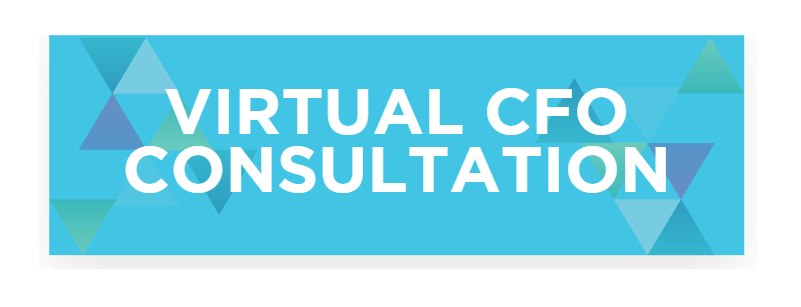How do companies use your identity?
Your identity is one of your most valuable assets. It’s your age, your gender, your likes and dislikes, your purchases, and where you live, etc. Have you ever thought about who has access to your identity? Of course there are always scammers out there trying to steal your data at every turn. But, did you know that most businesses collect your data every time you click on a website, make a purchase, apply for a credit card, or even when you visit a doctor or medical facility.
How it works
- Information collection. There are many organizations that legally collect your ID information. Such as your:
• Bank
• Credit reporting agencies
• Government entities
• Insurance companies
• Non-profit organizations
• Social media platforms – Google, Facebook, LinkedIn, and Twitter
• Shopping websites
• Medical facilities - Information storage. After your information is collected, it’s stored on business servers or computers, and sometimes even on mobile phones, etc.
- Information is sold. After information that’s related to your identity or interests is collected, the majority of organizations will sell it to other companies. This information which is collected without your knowledge is then converted to income for that business. What you view can be manipulated by the sites you view. For example, if you spend time looking at cars or resorts, you’ll soon start seeing more ads about vehicles or vacations spots.
- Public access. When your information is considered public record, anyone can see it. This may be in the form of property tax or real estate ownership records, etc.
- Stolen information. Identity thieves may trick you into giving them personal information through phone solicitation or phishing emails or they have been known to hack businesses that collect your confidential information. When this happens, it can take a very long time to recover your identity and all your data.
What’s the solution?
-
-
- Opt-out. Start with knowing who has access to your personal information and ask about their opt out policy. Many businesses will allow you to opt out of selling your information to others. Opting out will help protect your identity.
- Protect your data. You may have no control over the security of a business, but you can take measures to control the documents and information that you personally possess.
- Don’t open emails if you don’t recognize the sender.
- Don’t click on links in an email. Instead, if it’s a company you do business with, go directly to their website. Always look for the security lock in the search engine address.
- Don’t just toss junk mail in the trash, open it and make sure there is no personal information included in it. If there is, shred it.
- If you’re cleaning out the file cabinet, take the time to shred those old documents.
- Be diligent protecting your identity. Think it through before you give out your personal information. Inquire about what the company does with your information. If you’re not comfortable giving certain information when you sign up for a new service, etc., just say no to giving out any unnecessary personal information.
- Opt-out. Start with knowing who has access to your personal information and ask about their opt out policy. Many businesses will allow you to opt out of selling your information to others. Opting out will help protect your identity.
-
Your personal information is a very important asset that can be a great treasure trove for someone looking to steal your identity.
At Summit CPA, we are here to assist you with all of your tax and financial needs. Contact our office at 866-497-9761 to schedule an appointment with our advisors.
.png?width=190&height=122&name=Summit-Virtual-CFO_color_rgb%20(1).png)















Leave a comment